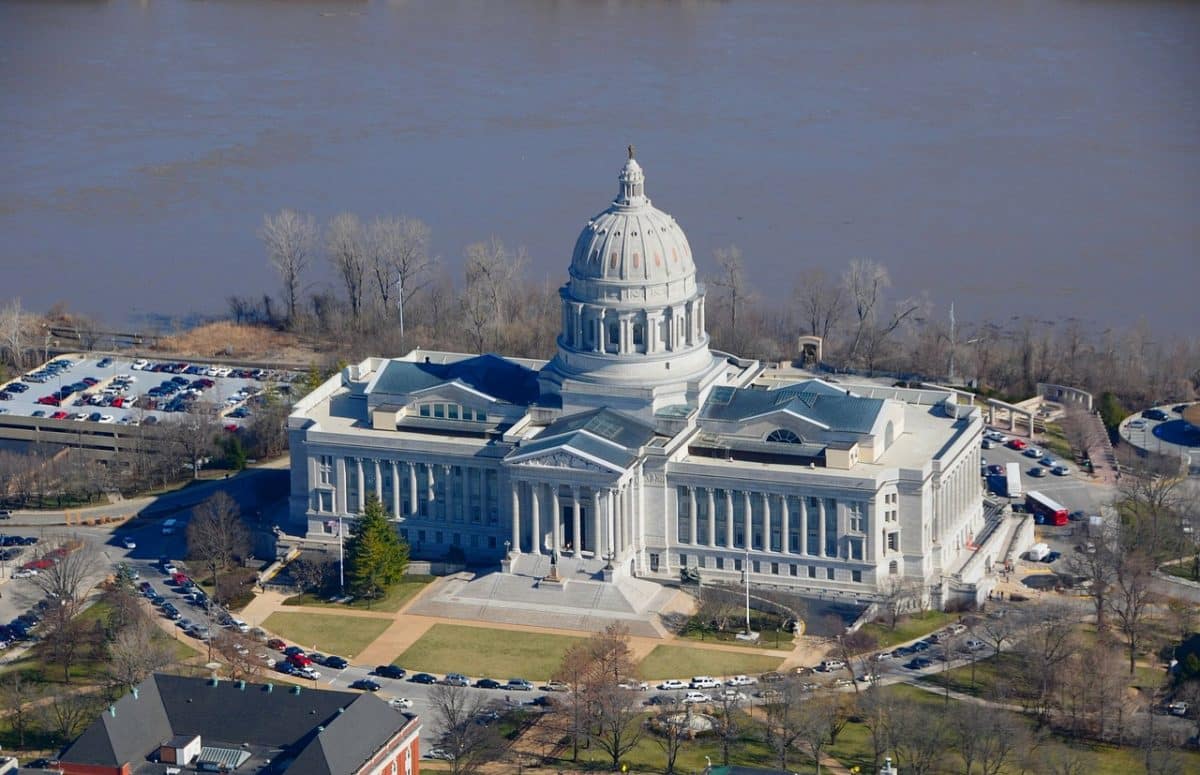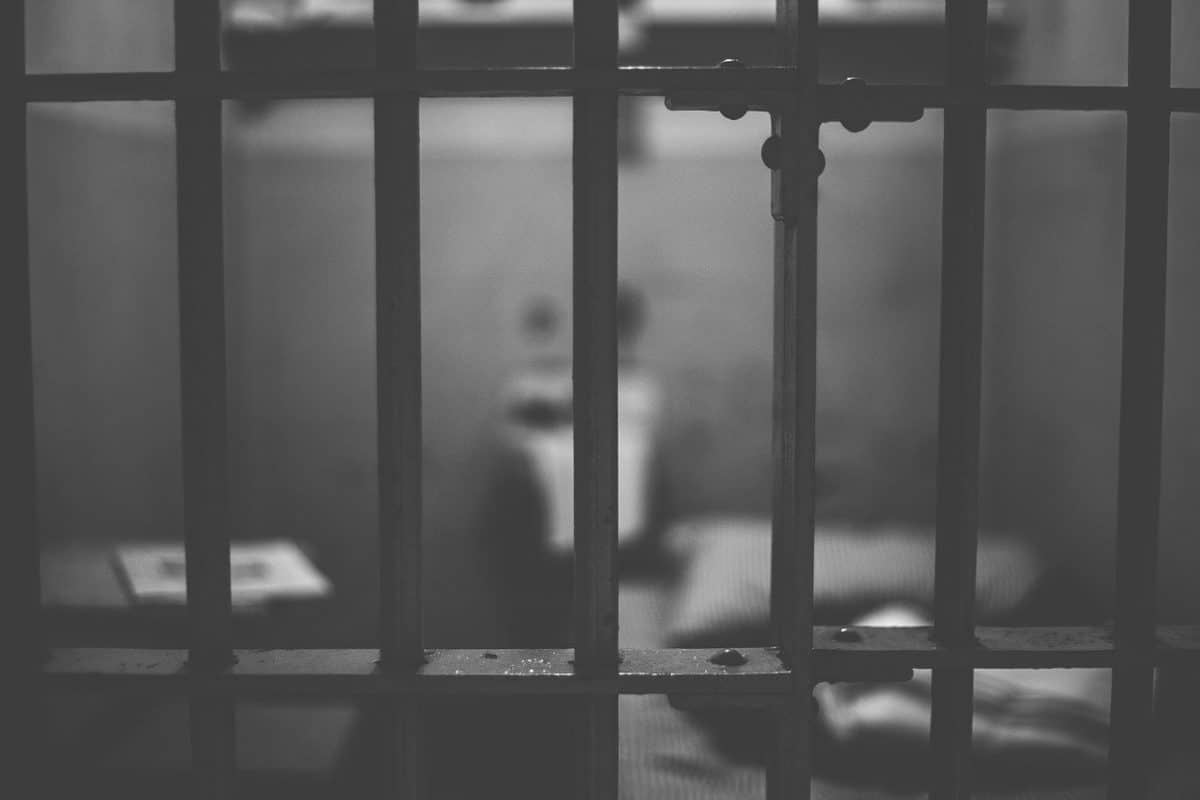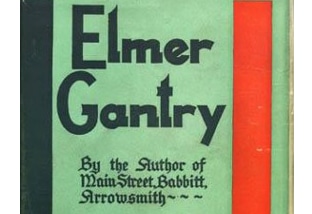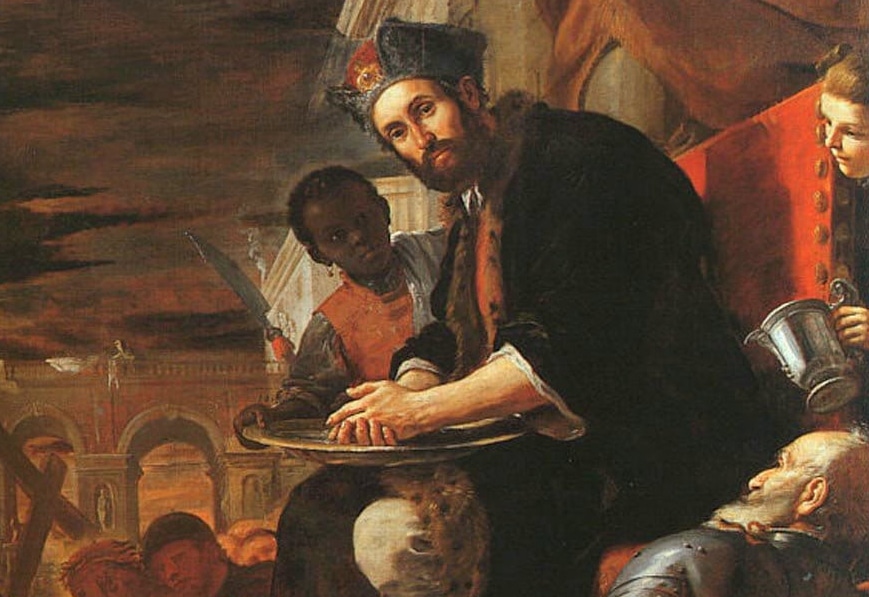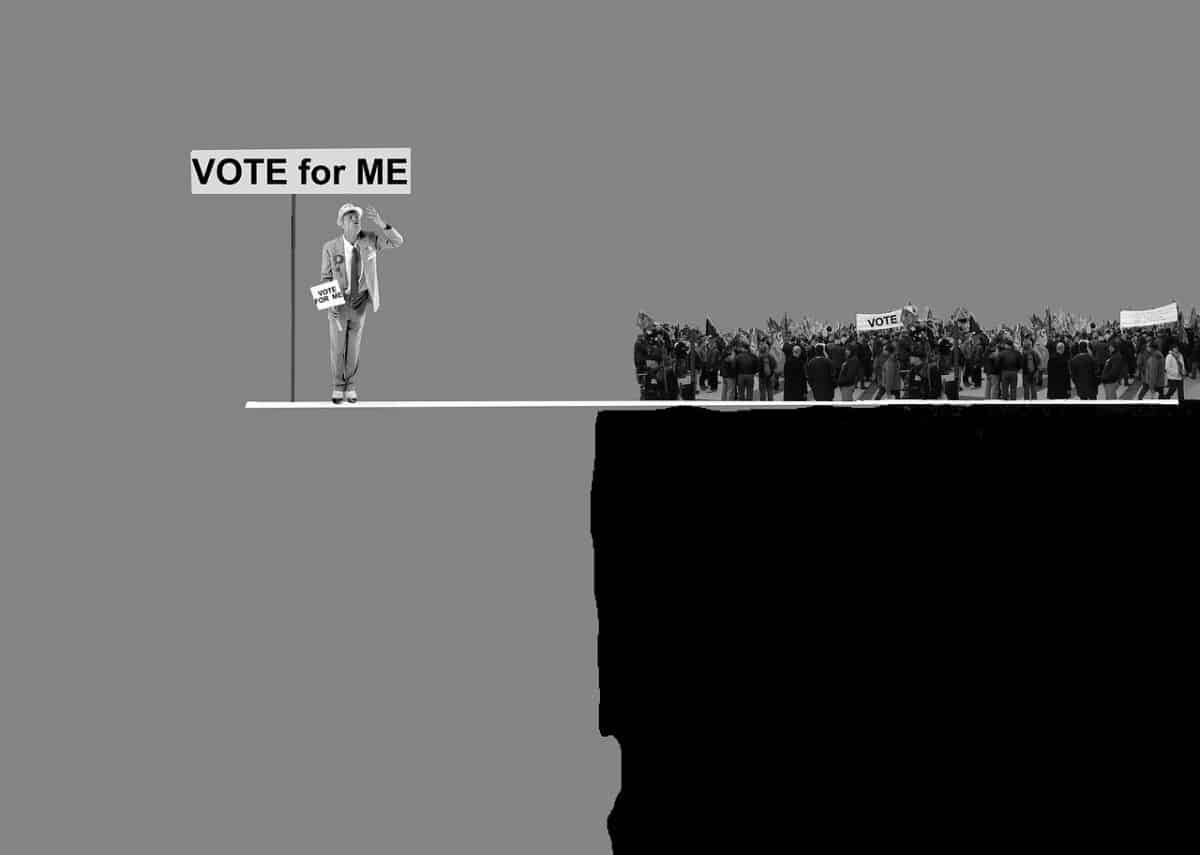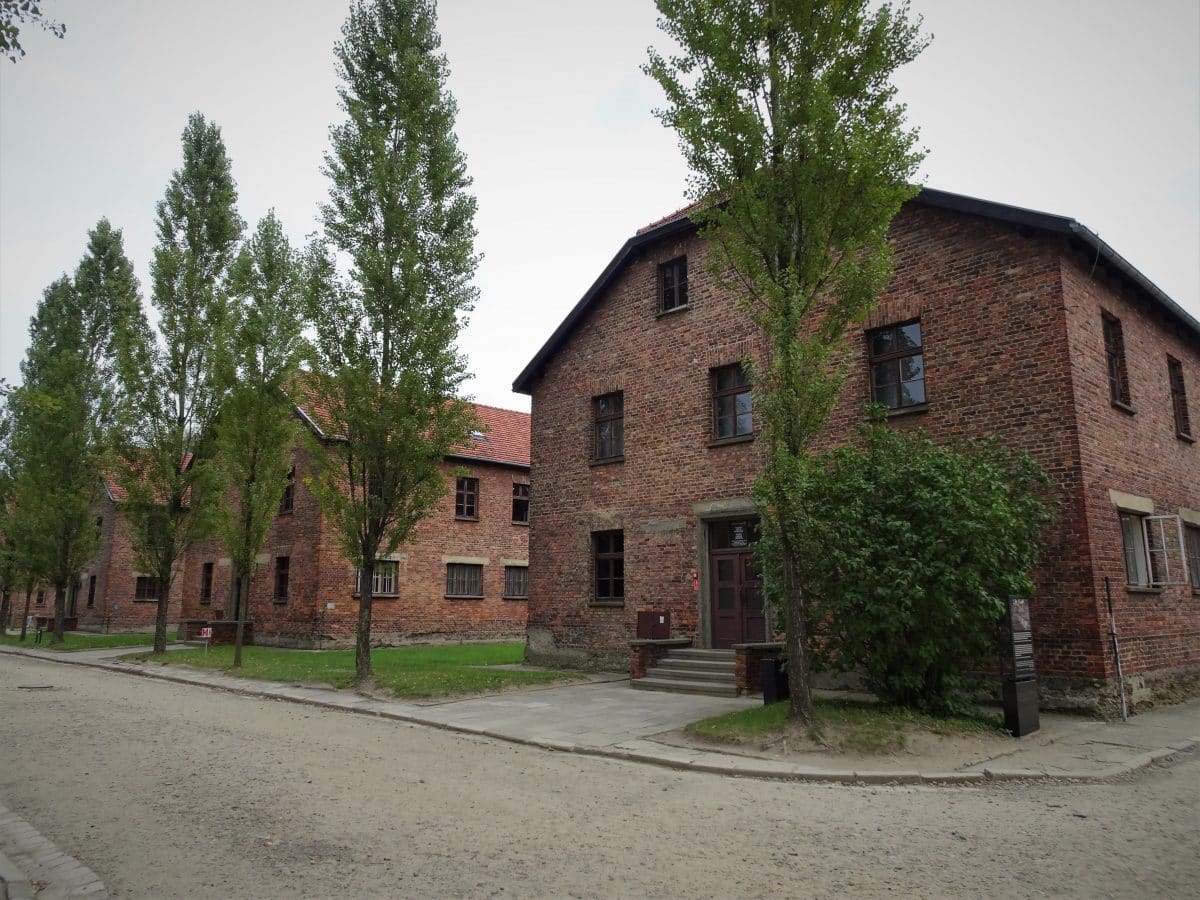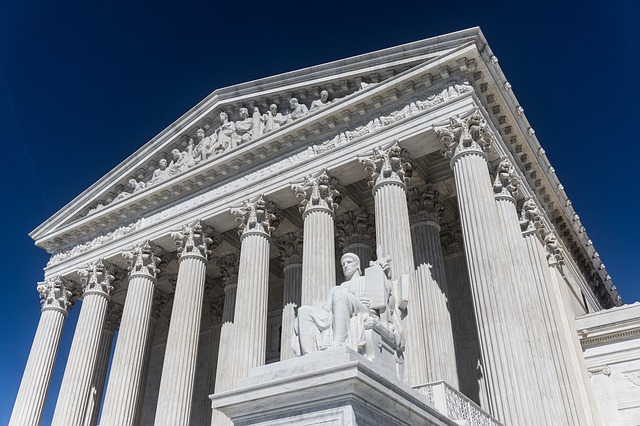How Not to Lead During a Census & Epidemic
In a time of a national census and a deadly epidemic, a ruler who cares more about himself than the people can be dangerous. At least that’s the lesson in the biblical texts from the end of King David’s rule.


